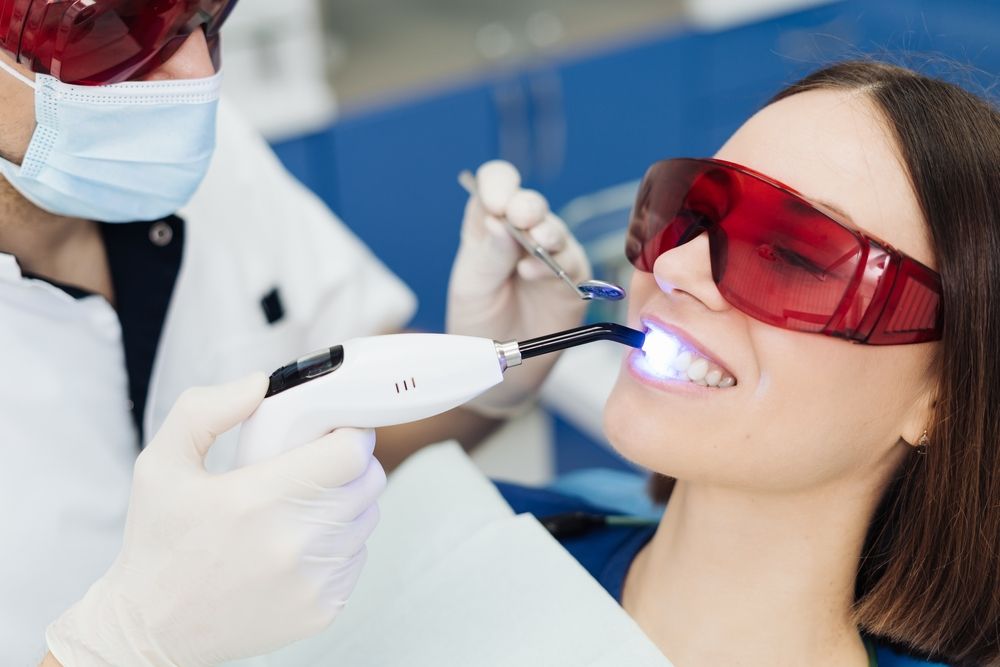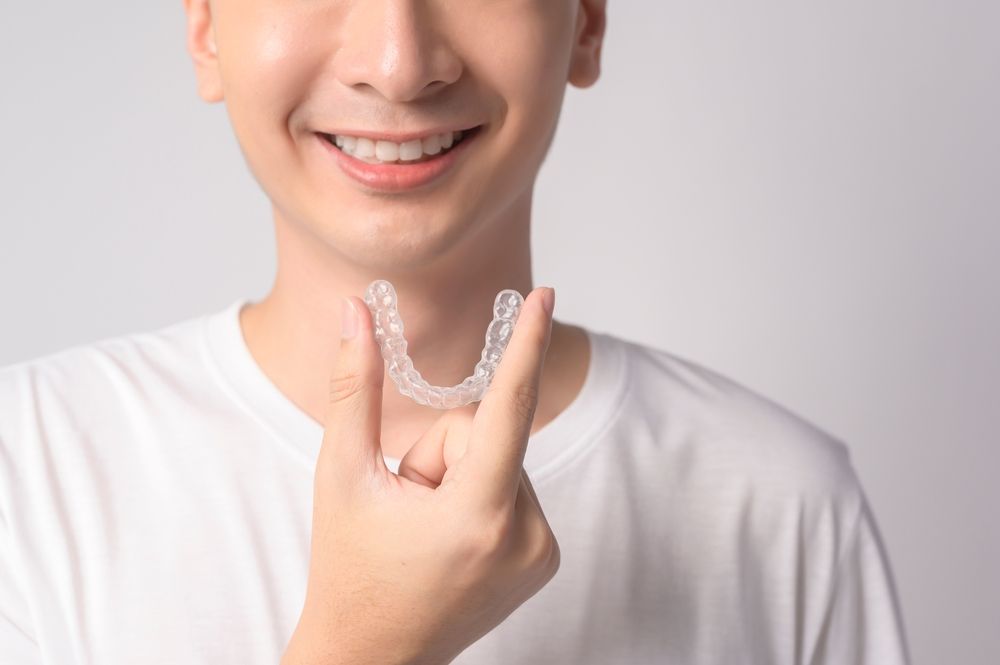SA Dental Blog
Learn more about dental care in our blog!

Since the onset of life, the health of our children is our primary concern. One aspect of their health that often gets overlooked is pediatric dental care. This term refers to the oral health and dental hygiene of children from infancy to adolescence.

Dental anxiety affects many around the world. Unfortunately, this fear associated with dental visits prevents them from receiving necessary dental care, leading to deteriorating oral health.

Discolored or stained teeth aren't great for self-esteem. Not only are they unpleasant to look at, but they can also cause oral health issues.

When should parents bring their little ones in for their first dental appointment? The first one should occur as soon as the child's first tooth erupts or before their first birthday.

Replacing missing or damaged teeth through dental implants can be a long process. Information about the anticipated recovery time and postoperative management are two questions that potential candidates frequently ask.

Dental implants are meant to replace your tooth permanently and could last 20 to 30 years. But their actual life span depends entirely on your oral hygiene and how well you care for them.

Regular dental exams are not only necessary if you have pain or a dental problem. There are many reasons to visit your dentist regularly. These include the fact that it is always preferable to avoid any issues before they start. A healthy mouth requires preventative care. Routine dental visits can help detect potential problems early on before they worsen.

Millions of people who require orthodontic treatment opt for Invisalign instead of traditional braces. Clear aligners help improve the smile without all the metalwork associated with conventional braces. If you have alignment problems or issues with your smile, you can get straight teeth conveniently and discreetly. There are good reasons why many people choose the aligners.

Your gums may take a while to heal after dental implant surgery. Most patients start noticing improvements a week after surgery, and the gums completely heal within two weeks after the procedure.

A dental exam can help determine which teeth straightening method is best for your teeth. Braces work for patients with severe tooth gaps, crookedness, and irregular bite. Invisalign and other clear aligners are more suitable for patients who want an almost invisible and comfy treatment, as long as their teeth are not too warped.







